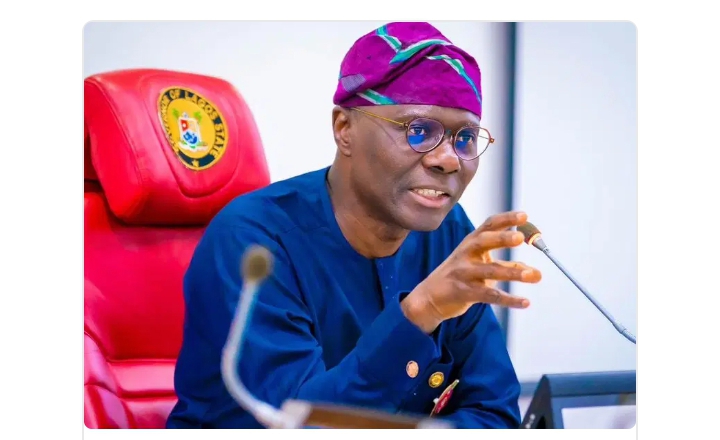The Lagos State Government has expressed grave concern over the alarming number of deaths attributed to inhalation of generator fumes, revealing that approximately 30,000 fatalities occur annually in the state due to exposure. This disclosure was made by the Commissioner for Energy and Mineral Resources, Mr. Biodun Ogunleye, during the 2025 Lagos Energy Summit held on Victoria Island.
Mr. Ogunleye described the situation as dire and unsustainable, emphasizing the urgent need for coordinated action to reduce Lagos’ heavy reliance on fossil fuel-powered generators. He highlighted that these generators remain a significant threat to public health and the environment.
The commissioner further noted that Lagos is home to an estimated 4.5 million generators, commonly used in homes, markets, and Micro, Small, and Medium Enterprises (MSMEs). These generators consume approximately 16 billion liters of fuel annually, costing residents around N14 trillion at the current price of N900 per liter. This widespread usage contributes to the release of 38 million tonnes of carbon dioxide each year, surpassing the emissions of entire countries like Togo, Rwanda, and Gabon.
Governor Babajide Sanwo-Olu, who delivered the keynote address at the summit, reaffirmed his administration’s commitment to transitioning to cleaner, more sustainable energy sources. He acknowledged that while Lagosians are already investing in electricity, the efforts are disjointed and inefficient. Governor Sanwo-Olu stated that under the T.H.E.M.E.S+ development agenda, the state is rolling out an ambitious energy transition plan aimed at building a 24/7 economy powered by reliable and renewable electricity.
The governor outlined several initiatives, including retrofitting 22,000 streetlights to boost energy efficiency, implementing the Lagos Electricity Law signed in December 2024, launching the Lagos Gas Master Plan and Strategic Implementation Plan, updating the Integrated Resource Plan, and creating a comprehensive electricity policy. He emphasized that these are not just policies but a roadmap to Lagos Vision 2030—a future of clean, reliable, and affordable electricity for all.
Governor Sanwo-Olu also revealed that 72 percent of households in Lagos own at least one generator, 94 percent of MSMEs depend on them, and 76 percent of market clusters cannot function without them. These figures underscore the urgency for sustainable alternatives.
In closing the summit, Governor Sanwo-Olu expressed optimism about the state’s trajectory, stating that Lagos is positioning itself as Africa’s leading destination for energy investments and a model for sub-national energy transitions globally. He envisioned a Lagos where students, artisans, and entrepreneurs can thrive, powered by electricity that is clean, dependable, and affordable.
This initiative comes as part of the state’s broader efforts to address the health and environmental challenges posed by the widespread use of generators and to pave the way for a sustainable energy future.
